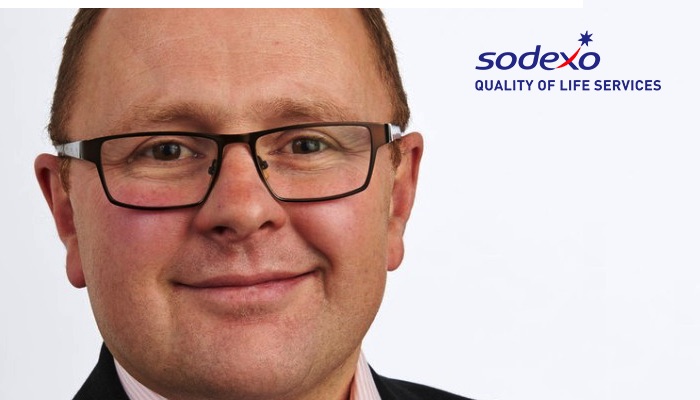Employee engagement is vital to the success of any business and more so for service providers.

Employee engagement is vital to the success of any business and more so for service providers. It is our teams on client sites’ that make the difference; as an engaged workforce will deliver excellence in the services they provide. This is critical in an increasingly competitive marketplace. The knock-on effect for our clients of an engaged facilities team is an attractive workplace, where our shared goals provide an environment which enables users to be more productive.
As an employer of some 34,000 people in the UK and Ireland we are committed to providing to all our employees the best possible work life experience regardless of age, gender, nationality, culture or personal characteristics. That is why we have always positioned diversity and inclusion as the cornerstone of our culture and a fundamental component of our overall growth strategy.
In discussions with clients we are finding that they are looking at our approach to diversity and inclusion as one they want to learn more about for their own organisations, to ensure they too attract and retain talent.
We see this as a great endorsement. It demonstrates we are seen to be more than a FM or food services partner, but the approach to our people is something clients can tap into and use our experience to help formulate their own strategies.
One area we are seeing a particular focus on is gender. We have a long standing conviction that gender balance is a key driver of business performance – one that affects all parts of the business from growth and profit to engagement and retention.
Facilities management continues to grow in stature as a vibrant and popular career of choice however it is an industry where, probably more than any other there are many roles which are still affected by unconscious bias. For example, many people would automatically assume an engineer would be male and a receptionist a female.
Though still outnumbered, the number of women in FM is certainly on the rise and action is being taken to overcome this.
If we look at security for instance, it is an industry which is perceived as a highly male dominated and proven by the low percentage of female security officers employed. Back in 2012 we launched our own women in security group to promote personal and professional development opportunities for female security officers and to help them increase their confidence, awareness and skills, while inspiring others to consider a career in the security industry.
This year the founder of the group, Jane Farrell not only became our head of security but she was also appointed chair of IPSA, which is a significant milestone for women working in security and the wider FM industry as Jane is the first female chair for the association in its 59-year history.
The industry still has some way to go but with examples such as the security industry we are making some headway. In our own security team we have seen the percentage of female security officers grow from 13% in 2012 to 17% today.
There are a number of organisations now which are focussed on overcoming this unconscious bias and ensuring that careers in areas traditionally viewed as for men only are opened up to women. The FM’s own professional association, BIFM, has created its own specialist interest group aimed at women working in FM (WIFM) and every year hold a conference which addresses the issues women face in the FM industry.
The existence of groups such as WIFM and the many others out there, such as Women’s Security Society and Women’s Engineering Society, demonstrates the work going on to encourage the younger generation of women to consider careers within the FM sphere.
Sodexo recognises that D&I should be embedded at the heart of the business strategy and driven throughout the organisation, from the boardroom to our employees, who are delivering services to our customers every day. Having a strong commitment in this area allows us to have a voice.
By sharing our experiences it allows a different conversation between provider and client and usually opens up the opportunity to collaborate and work in partnership to deliver bespoke workplaces services and become more connected, inclusive communities for the benefit of all.
Driving the diversity and inclusion agenda must be a priority for any business that wants to thrive, rather than just survive.
Andy Rogers, HR Director, Sodexo UK & Ireland
Add your comment

- Building Design, Planning, Development 2
- Catering 5
- Construction 36
- Contracts, Projects, Bids 17
- Energy Management 76
- Engineering, Maintenance 445
- Estates, Property 15
- Events 4
- Facilities Management (main) 196
- Hard Services 39
- Health & Safety 1
- HVAC 170
- Management 3
- M&E 170
- Operations 60
- Procurement 11
- Sales & Marketing 4
- Soft Services 3
- Sustainability 2


